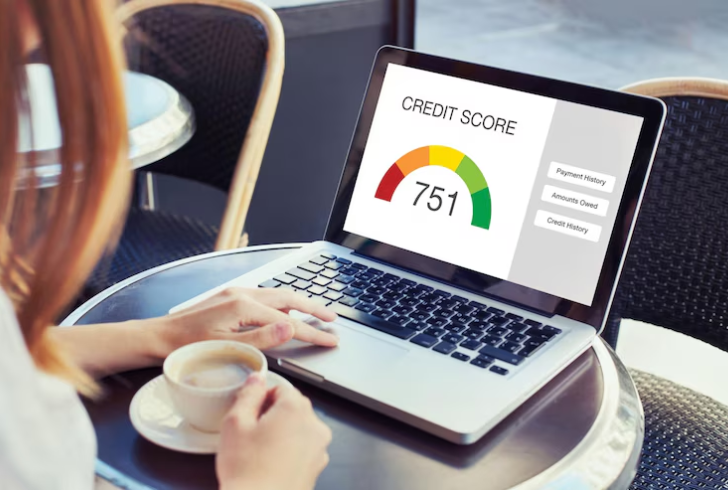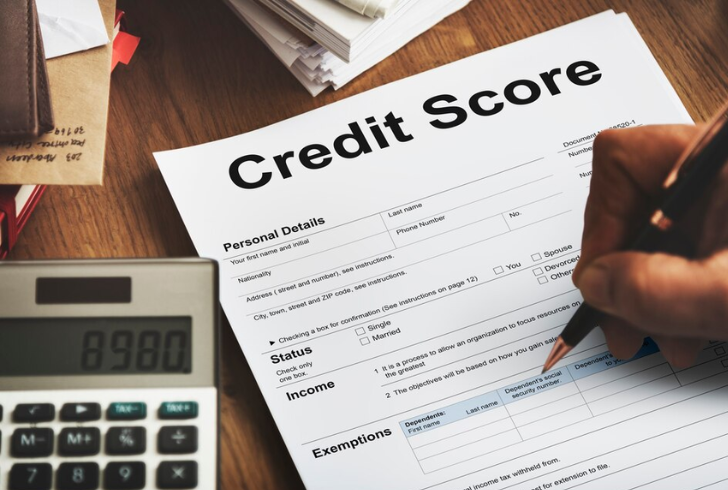Establishing credit is like planting a financial seed that grows into opportunities for the future. Whether you dream of owning a home, purchasing a car, or simply want access to better financial deals, building credit is the key to unlocking these doors. But where do you start? This guide will walk you through everything you need to know about how to start building credit for the first time.
Why Establishing Credit Matters
Before lending you money, banks and lenders want to assess the risk involved. They use your credit history to predict your future repayment behavior. If you still need to establish credit, lenders have no information to go on, which can lead to loan rejections or unfavorable interest rates. A strong credit score can unlock a world of financial benefits, including:
- Approval for loans and credit cards: With a good credit score, you're more likely to get approved for the loans and credit cards you need, opening doors to larger purchases and financial goals.
- Lower interest rates: A strong credit score qualifies you for lower interest rates on loans and credit cards, saving you money in the long run.
- Better rental opportunities: Some landlords consider credit scores when screening tenants. A good credit score can make you a more attractive candidate.
Understanding Credit Scores

Freepik | proudly55 | Your credit score, ranging from 300 to 850, reflects your creditworthiness in numbers.
When you apply for any form of credit—be it a credit card, personal loan, or mortgage—lenders examine your credit history. Your credit score, a crucial component of this history, is influenced by several factors:
- Payment History: Timely repayments positively impact your score.
- Debt Levels: The amount of outstanding debt plays a role.
- Credit Utilization: How much of your available credit you’re using.
- Credit Mix: Different types of credit accounts (e.g., credit cards, loans).
- New Credit: Frequency of new credit applications.
No Credit vs. Bad Credit
Having no credit history can be just as challenging as having bad credit. With no credit history, you have a low credit score because there’s no evidence of your borrowing behavior.
This is similar to having a poor credit history marred by missed payments or defaults. To improve a low score, start building your credit responsibly.
Learn How to Start Building Credit for the First Time

Freepik | bearfotos | Utilize your credit builder card judiciously, staying under 30% of the limit, and clear the balance monthly.
Let's delve into the actionable steps to kickstart your credit journey:
- Open a Bank Account - Consider this your first foray into the world of credit. A bank account not only showcases your financial stability but also serves as a fundamental tool for managing your money.
- Utilize a Credit Card - Once you've established a relationship with your bank, consider applying for a credit builder credit card. These specialized cards are designed to help newcomers establish credit responsibly. Use it wisely, keeping your spending below 30% of the credit limit, and pay off the balance in full each month.
- Register to Vote - Surprisingly, your political participation can also bolster your creditworthiness. By registering to vote, you not only exercise your democratic rights but also provide lenders with proof of your identity and stability.
- Secure a Mobile Phone Contract - Opting for a mobile phone contract is another avenue to prove your reliability. Ensure timely bill payments to demonstrate your financial responsibility to potential lenders.
Common Credit Blunders to Avoid

Freepik | rawpixel.com | Late payments can significantly harm your credit score, so prioritize timely payments for all your bills.
New to the credit world? Here are some pitfalls to steer clear of:
-
Applying for Too Much Credit at Once - Multiple credit card applications can trigger inquiries on your credit report, which can temporarily lower your score. Apply strategically and only when necessary.
-
Falling Behind on Payments - Late payments are credit score killers. Make sure you prioritize timely payments for all your bills.
-
Maxing Out Your Credit Cards - High credit utilization is a red flag for lenders. Aim to keep your credit card balances below 30% of your limit.
Monitoring Your Progress
Finally, don't forget to monitor your credit journey regularly. Keep track of your credit score and review your credit report periodically for any discrepancies. By staying proactive, you can address issues swiftly and maintain a healthy credit profile.
Building a strong credit score takes time and dedication, but the rewards are worth it. By following these steps on how to start building credit for the first time and avoiding common pitfalls, you'll be well on your way to unlocking a world of financial opportunities. Remember, a healthy credit score is your key to a secure financial future!






